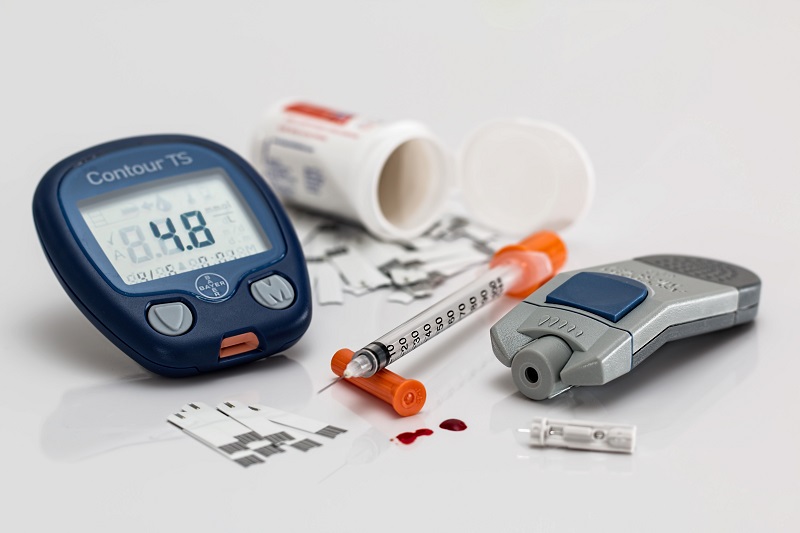
Diabetes is a serious condition with numerous major health repercussions. From slow wound healing to cracked feet and diabetic shock, diabetes sufferers may encounter a slew of frustrating symptoms throughout their lifetimes. In addition to these symptoms, doctors warn that diabetes can lead to a variety of serious eye-related complications, including glaucoma, cataracts and/or possible blindness.
Glaucoma is a condition that occurs when a build-up of pressure in the eye impinges on the blood vessels to the optic nerve and retina. As a result, the retina and optic nerve are eventually damaged, causing a slow loss of vision. Those who suffer from diabetes are approximately 40% more likely to develop glaucoma than others.
Like glaucoma, cataracts are another eye condition that is more likely to occur in diabetic individuals (diabetics are as much as 60% more likely to develop cataracts, and at a much younger age). Cataracts occur when the usually transparent lens of the eye begins to cloud, blocking the light that is necessary to see. Diabetics who undergo cataract surgery aren’t completely out of the woods, and may develop retina disorders and glaucoma.
Fortunately, regular visits with an optometrist/ophthalmologist can help keep serious eye issues on watch. Even if you do find yourself dealing with a diabetes-related eye condition, your doctor can help with early detection and treatment (surgical and non-surgical) that can lessen the potentially-damaging effects of your disease. Contact Eye Michigan for an appointment or more information.
